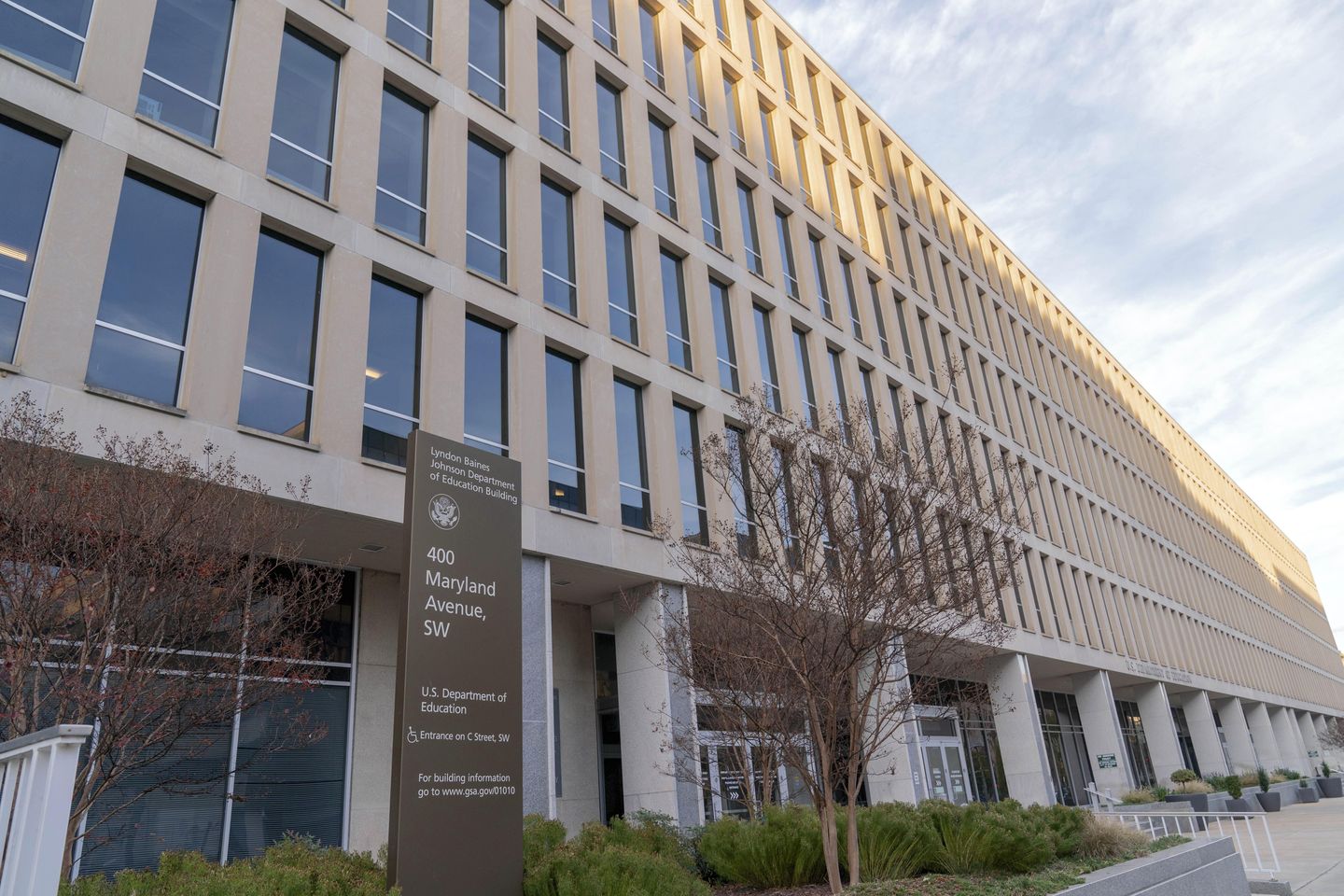In a significant development on Monday, a federal judge issued an order mandating the Department of Education to recommence expenditure programs in eight states, all of which are predominantly led by Democrats. These states had previously filed lawsuits in opposition to the spending pause implemented during the administration of former President Donald Trump.
The spending freeze had caused a great deal of controversy and legal action, as it directly affected the states’ ability to fund their education programs. This Monday’s ruling marks a significant victory for the Democratic-led states that had been at odds with the previous administration’s fiscal policies.
The federal judge’s order comes as a critical legal decision that impacts a wide range of programs and initiatives that the Department of Education is responsible for. These programs encompass everything from K-12 education to higher education, including support for disadvantaged students, students with disabilities, and other marginalized groups. The ruling will ensure that the Department of Education will be able to carry out its mission of promoting student achievement and preparing them for global competitiveness by fostering educational excellence and ensuring equal access.
The eight states that had taken legal action against the Trump administration’s spending pause include California, Connecticut, Delaware, Illinois, Maine, New Mexico, Oregon, and Rhode Island. These states, all under Democratic governance, had expressed strong disapproval of the pause in funding, arguing that it had detrimental effects on the quality of education in their jurisdictions.
The spending pause was a decision that had been made during Trump’s administration, causing widespread concern among educators and education advocates. Critics argued that the spending freeze was a politically motivated move that disproportionately affected students in Democrat-led states. The spending pause impacted a wide range of programs, including those aimed at improving the quality of education for all students, irrespective of their socio-economic status.
The Department of Education, under the leadership of then-Secretary Betsy DeVos, had defended the spending pause, saying that it was necessary to ensure fiscal responsibility and to prevent wasteful spending. However, opponents argued that the pause negatively impacted students’ education, particularly those who are most vulnerable.
The decision by the federal judge to restart spending in these eight states will not only provide financial relief to these areas but is also expected to have a ripple effect on other states as well. Given the significant legal precedent that this ruling sets, it is likely to influence similar legal battles in other states and potentially lead to the reversal of the spending pause on a broader scale.
The impact of this ruling will be felt not just in the realm of education funding, but it also has wider political implications. On one hand, it is a victory for the Democrat-led states and a blow to the fiscal policies of the former Trump administration. On the other hand, it underscores the ongoing tension between the federal government and state governments over control of education policy and funding.
The response to the court order has been largely positive among education advocates and the Democrat-led states involved in the lawsuit. They see it as a necessary step towards ensuring that all students, regardless of their background or circumstances, have access to quality education. It is also seen as a vindication of their argument that the spending pause was more about politics than fiscal responsibility.
However, there are also those who view this decision with caution, fearing that it may open the floodgates for increased federal spending on education without enough oversight or accountability. These critics argue that while funding is necessary, it needs to be accompanied by strict measures to ensure that the money is spent wisely and effectively.
This ruling will also likely shape the future direction of education policy in the United States. It sends a clear message that the courts will not hesitate to intervene when they perceive that the rights of students and states to access federal education funding are being compromised. This could potentially lead to increased scrutiny of federal education spending and policies in the future, contributing to ongoing debates about the role of the federal government in education.
In conclusion, the federal judge’s order to restart spending programs in eight Democrat-led states is a significant development in the ongoing battle over education funding in the United States. It represents a victory for these states and education advocates, but also sets a crucial legal precedent that could have far-reaching implications for education policy and funding in the future. The ruling highlights the vital importance of ensuring that all students have equal access to quality education, and the crucial role that federal funding plays in achieving this goal.









